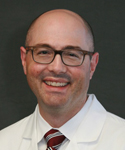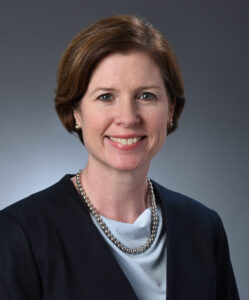TR: Can you share any specific examples of professional growth?

Dr. Huston
Dr. Huston: Getting to know experts from around the country in different areas of practice management has been enormously helpful in developing strategies for our practice. In addition, participation in ACR activities has allowed my own professional development through the acquisition of new skills, such as team building and project management.
Dr. Phillips: Because of my work with the ACR, I have been able to advocate directly on specific payer issues I have seen in my practice. It’s been very useful to have direct access to resources to address payer issues I see in private practice.

Dr. Reddy
Dr. Reddy: I particularly enjoyed working on ACR position statements while on CORC, including a position statement on prior authorization, the bane of the existence of many rheumatology practices. It was fun to stretch my brain in a different direction, researching the background of prior authorization and writing a position statement to advocate for practical ways to improve and streamline the prior authorization process, to improve access to medications for our patients and to reduce the administrative burden on rheumatology practices.
TR: How has your committee work made a difference to the overall field of rheumatology?
Dr. Worthing: GAC taught me how to advocate in Washington, D.C., for changes that would benefit my practice and my patients—such as postponing International Classification of Diseases coding headaches, gaining a long-overdue boost to evaluation and management reimbursement, and navigating the Medicare Access & CHIP Reauthorization Act of 2015 (MACRA) and Merit-Based Incentive Payment System. And when COVID-19 hit us, I was able to share best practices with others around the country about ways to keep our patients, our clinic staff and ourselves as safe as possible.

Dr. Phillips
Dr. Phillips: I have seen how ACR advocacy, through ISC as well as CORC and GAC, has been able to help impact payer policies in a favorable manner; how we have been able to help individual practices with payer issues; and how, on a macro level, ACR advocacy has benefited our members concerning federal and state-level legislative efforts.
TR: What have you gained personally from volunteering with the ACR?
Dr. Worthing: After more than 10 years of volunteering for the ACR, I can say that I’ve gotten much more out of my experiences than I’ve put in. I’ve made some of my best friendships in rheumatology, both during high-stakes discussions at meetings and at the fun dinners and nightlife after those meetings. And it’s also wonderful to lean on my ACR friends for advice about practice management issues, patient care questions, and all the aspects of work-life balance everyone has.

